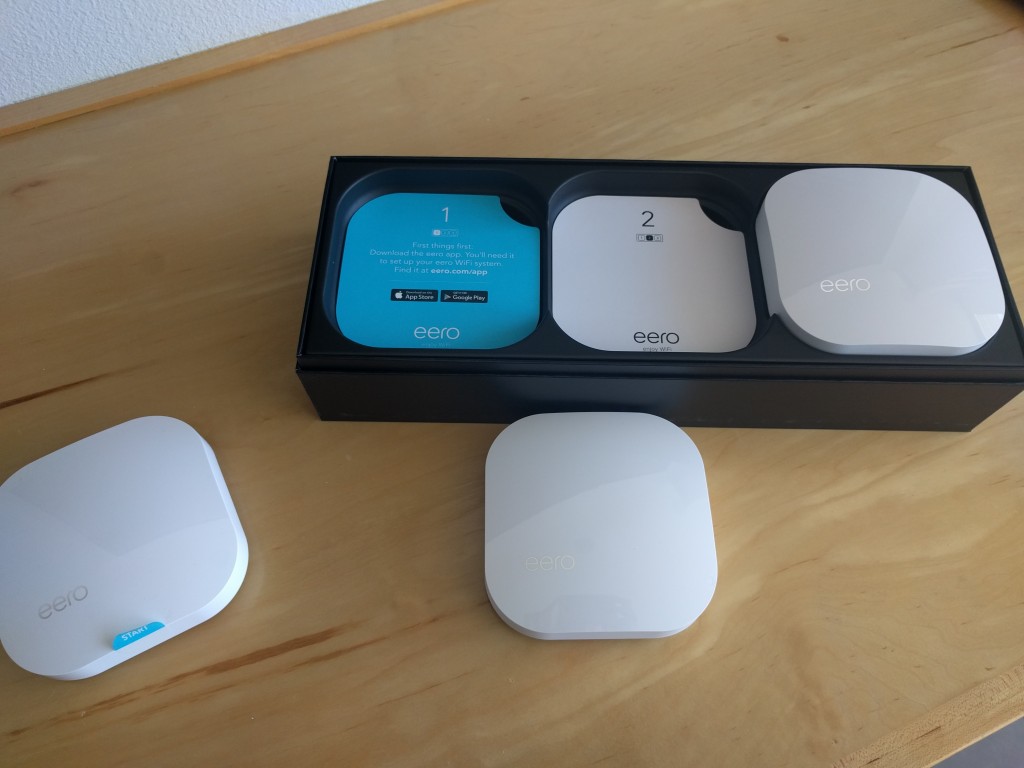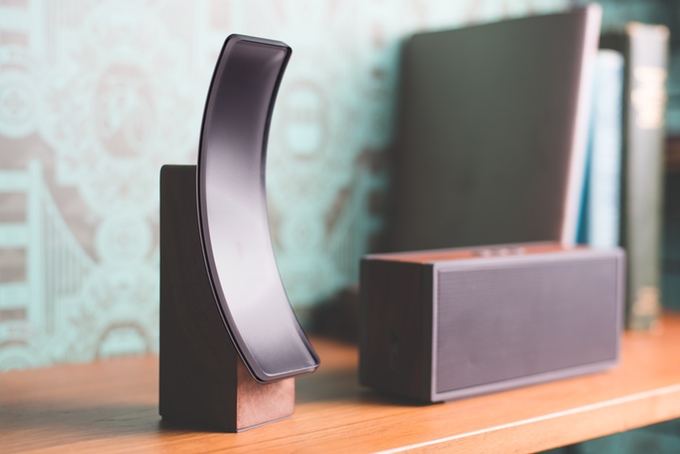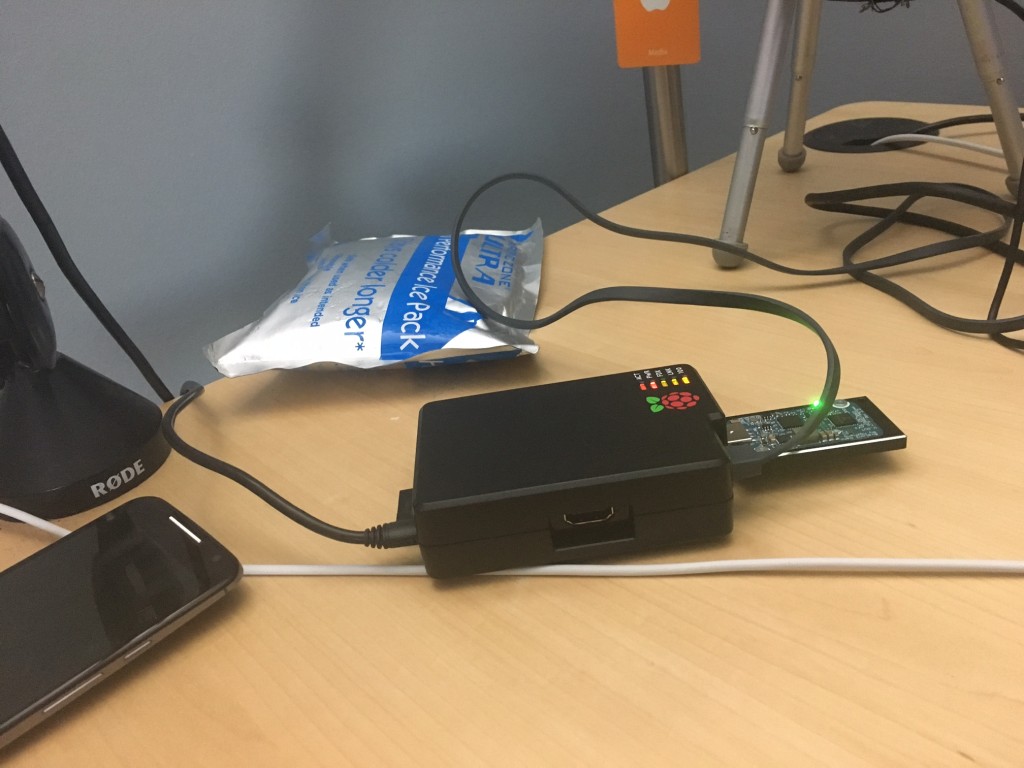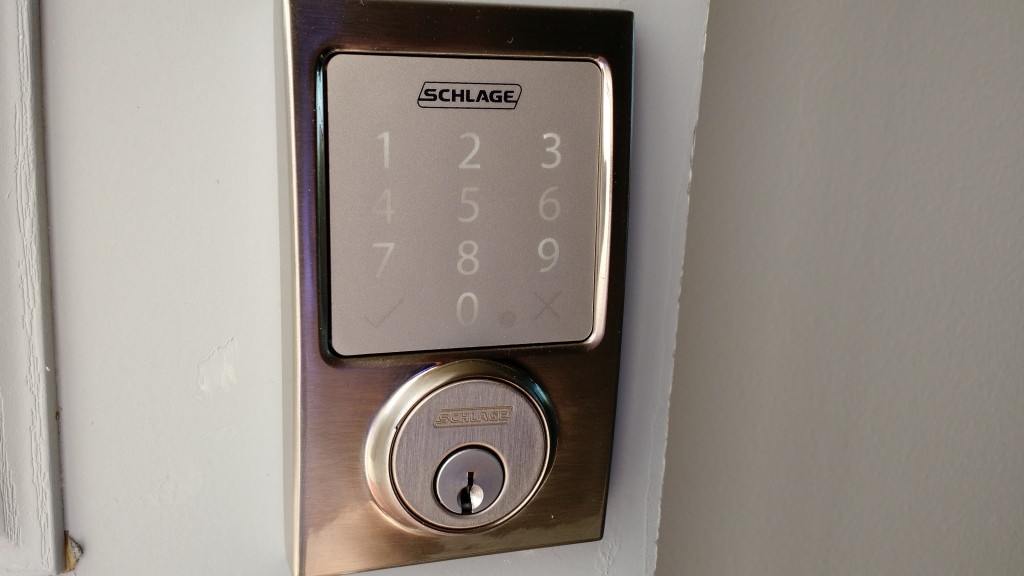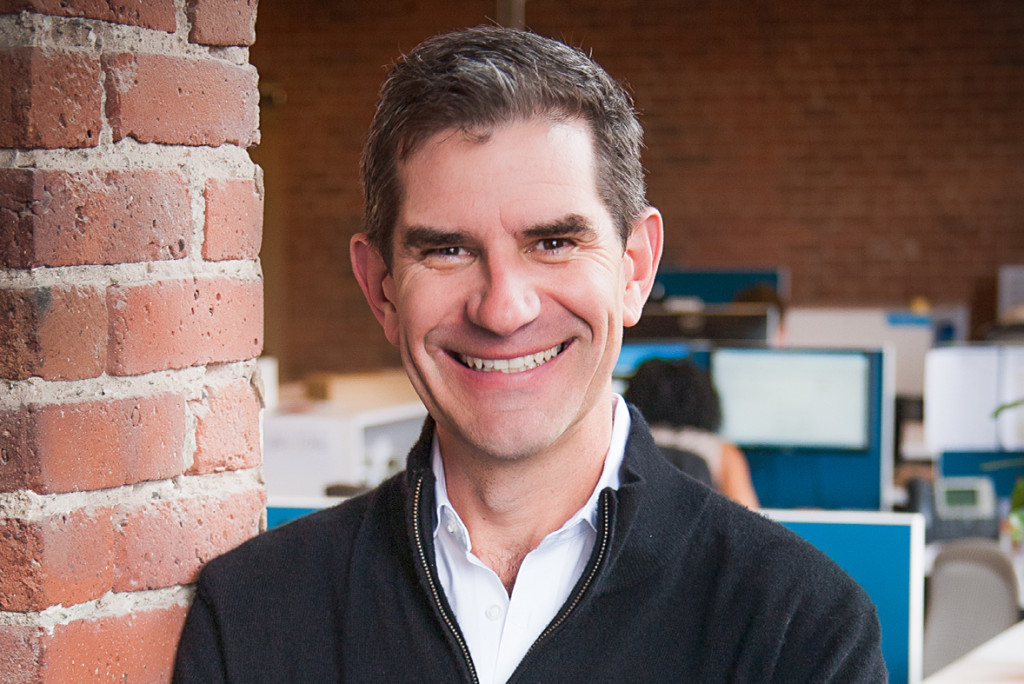This week we got to the big story of the last few days, Tony Fadell leaving Nest. We discuss what that means for any Nest buyers out there and what it says about selling connected device. And because Father’s Day is around the corner, we came up with three gift ideas for Dad. None of them relate to ties, golf or grilling. And for people who love lighting as much as I do, we found reports of white BR30 lights from Philips Hue, something I’ve been eagerly awaiting since the launch of the white, standard A19 bulbs.
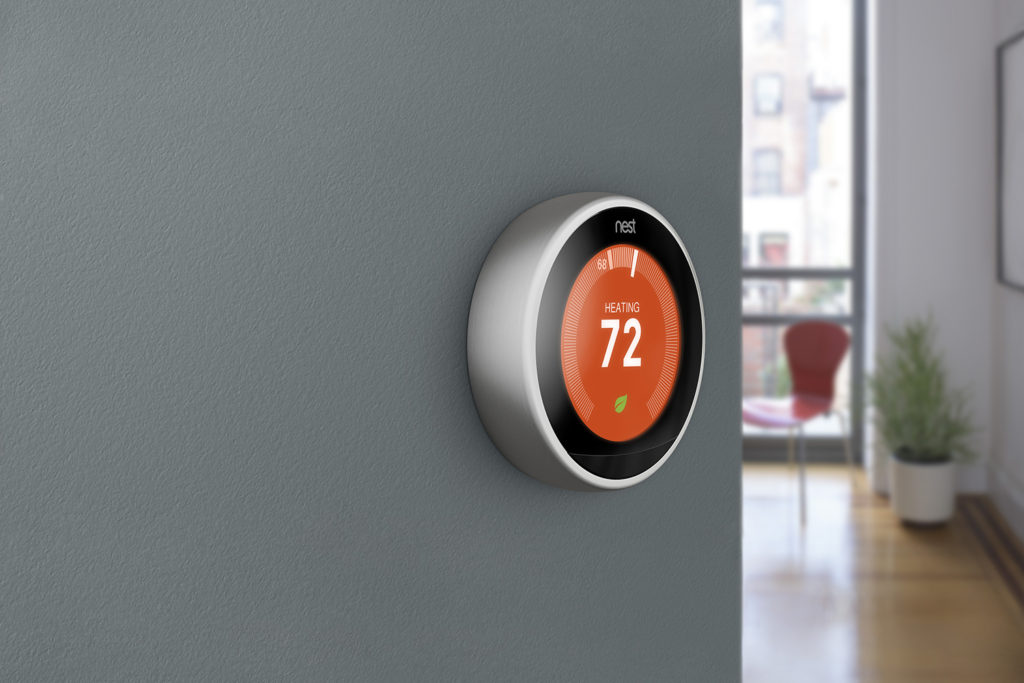
Then we move to this week’s guest, Chris Penrose, the SVP of IoT at AT&T. He chatted with me about the carriers plans for building an IoT business beyond cars, and also talked about the opening of the latest AT&T innovation center devoted to medical devices. This AT&T Foundry is based in Houston, Texas and will tackle home health devices as well as challenges associated with connected hospitals. Enjoy the show!
Hosts: Stacey Higginbotham and Kevin Tofel
Guests: Chris Penrose, SVP of IoT, AT&T
- Next steps for Nest
- 3 gift ideas for Dad
- My dreams have come true
- AT&T takes on medical devices
- Why the last mile is now the last meter
Podcast: Play in new window | Download | Embed
Subscribe: RSS


